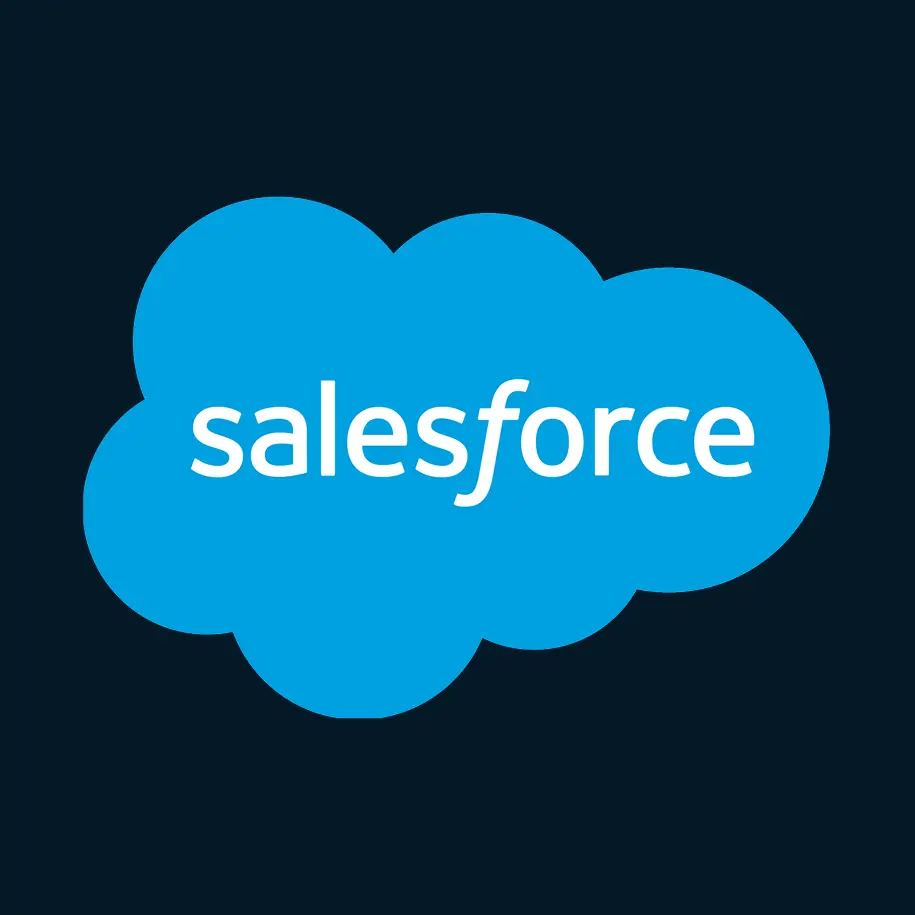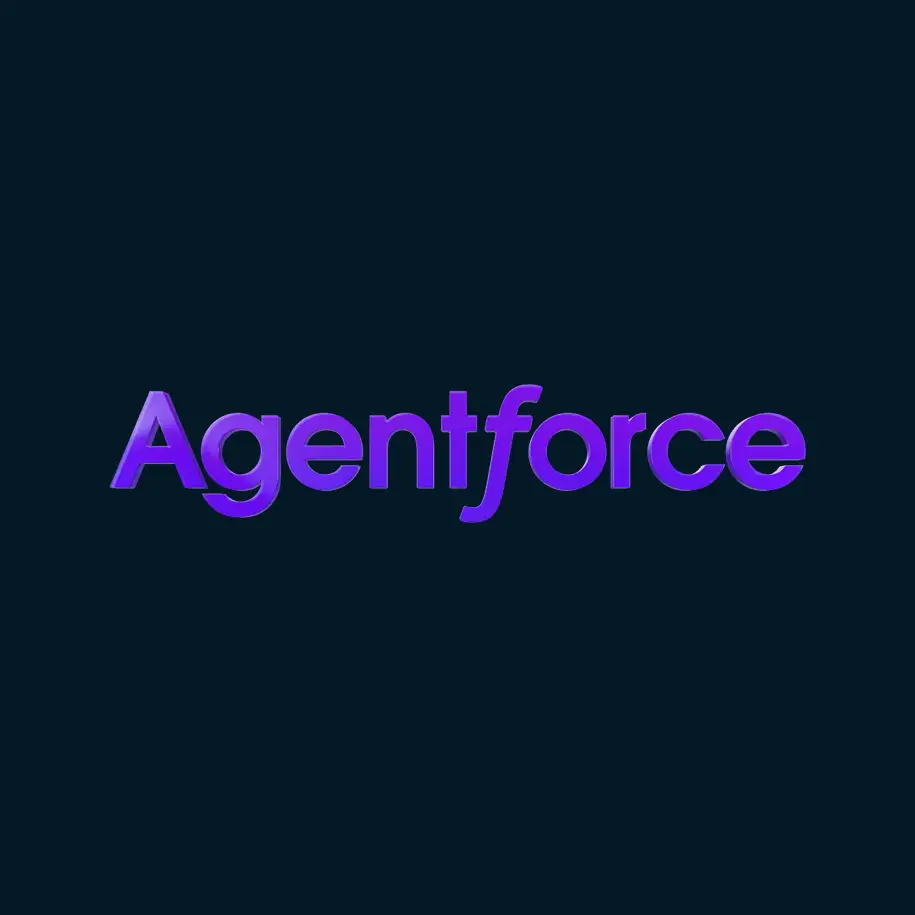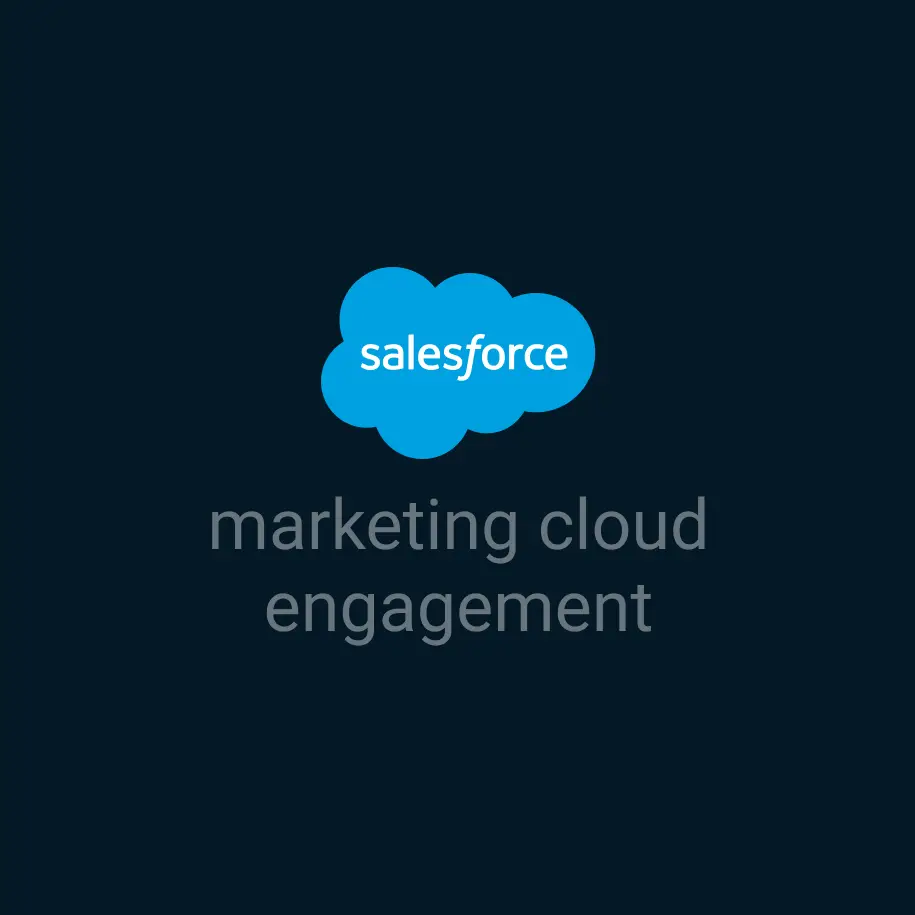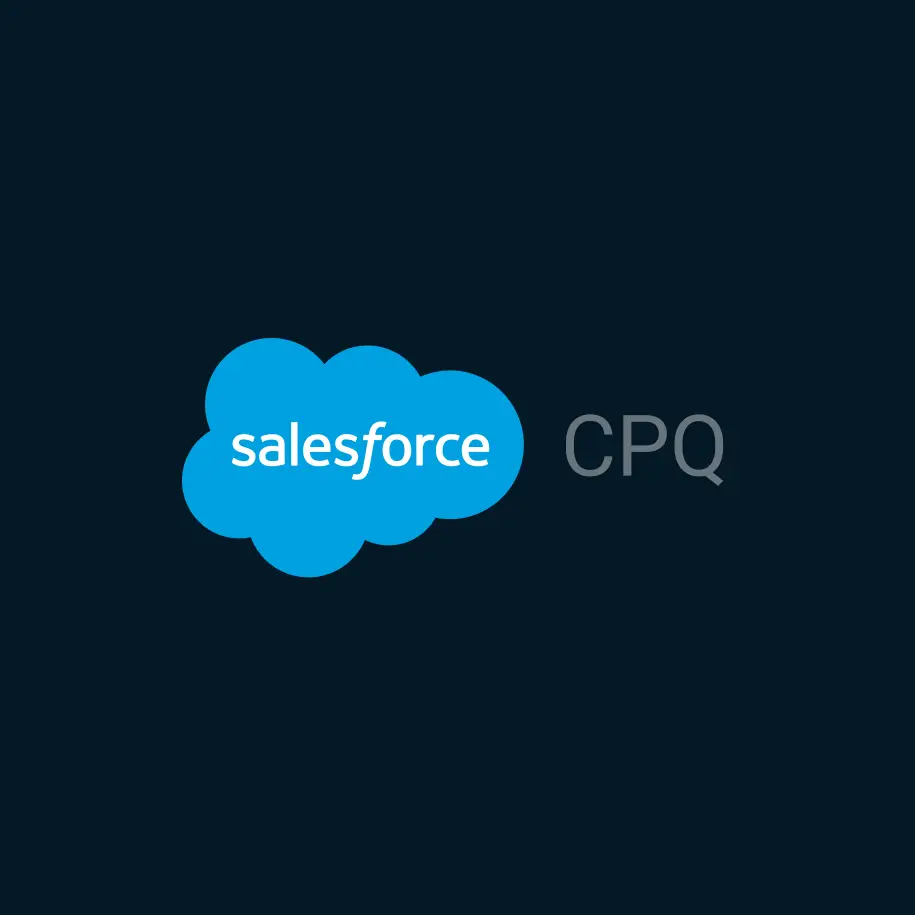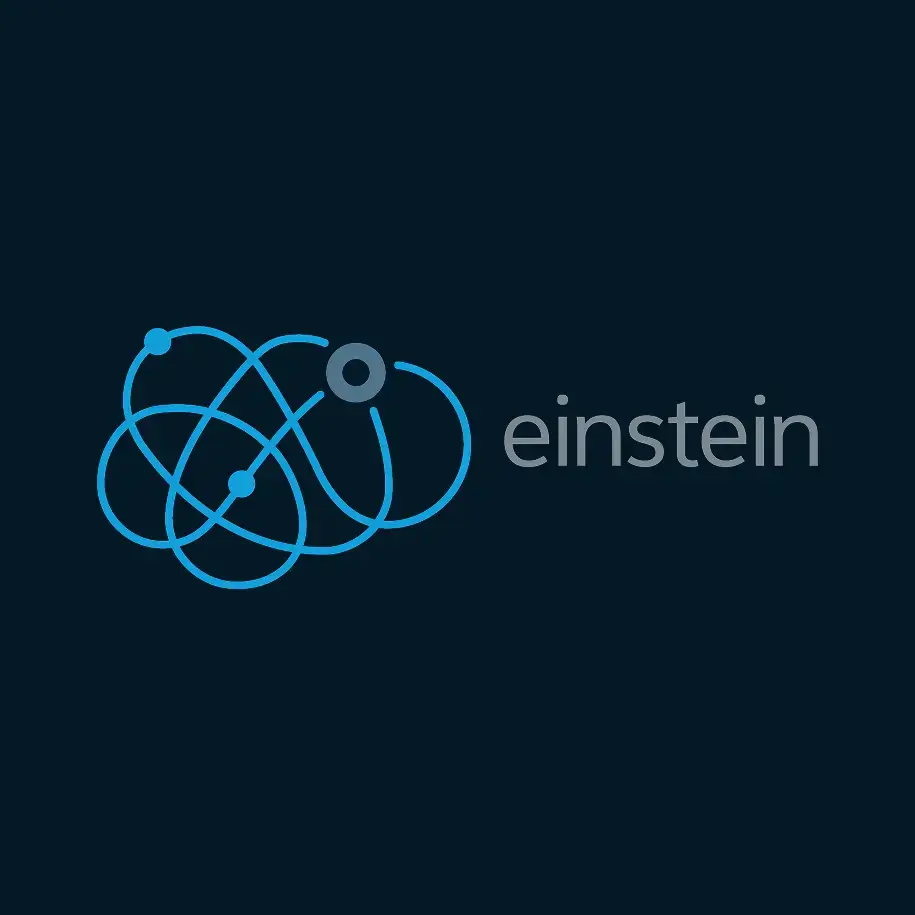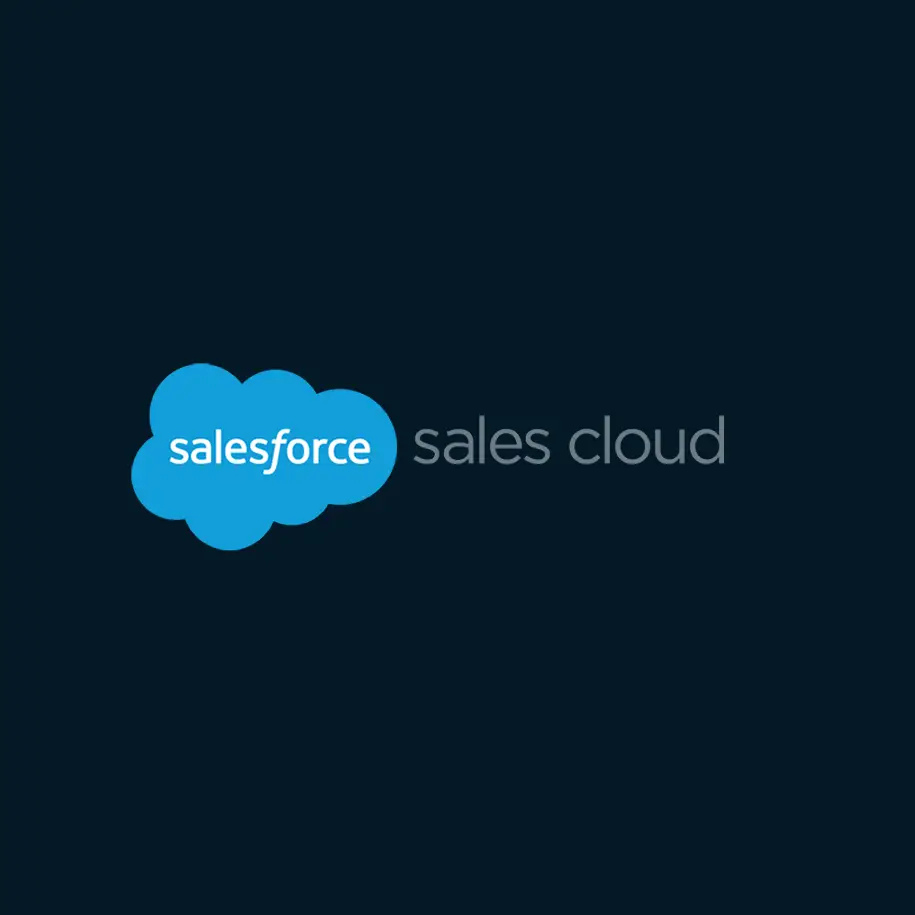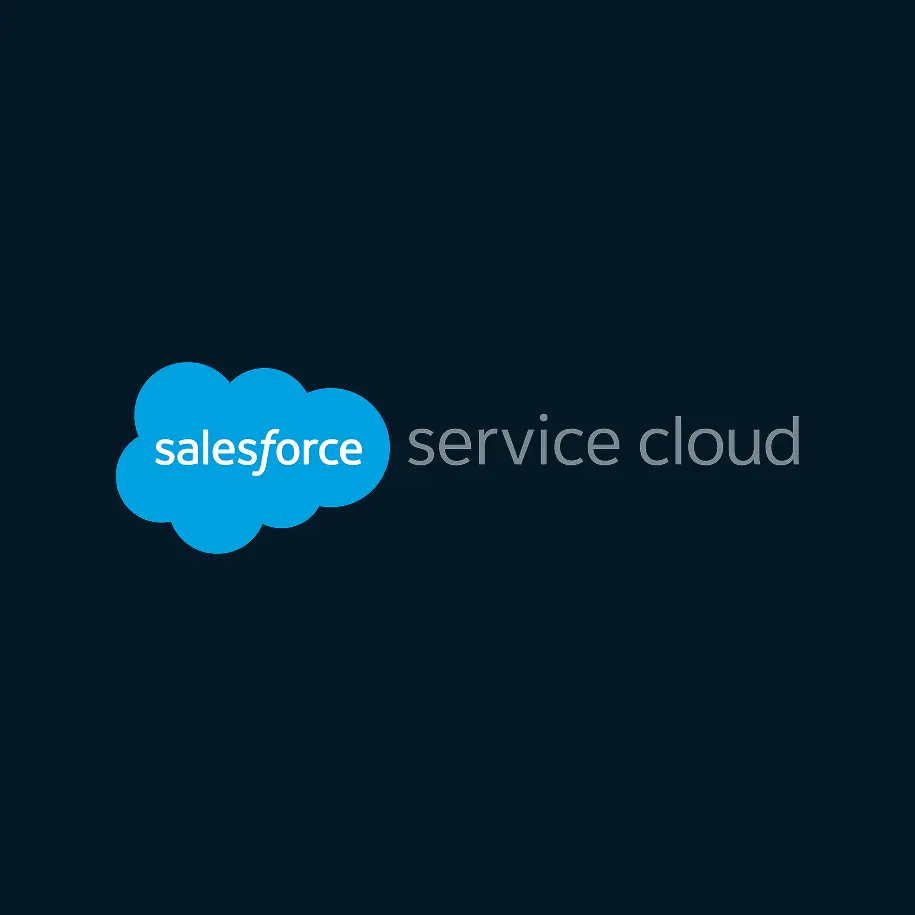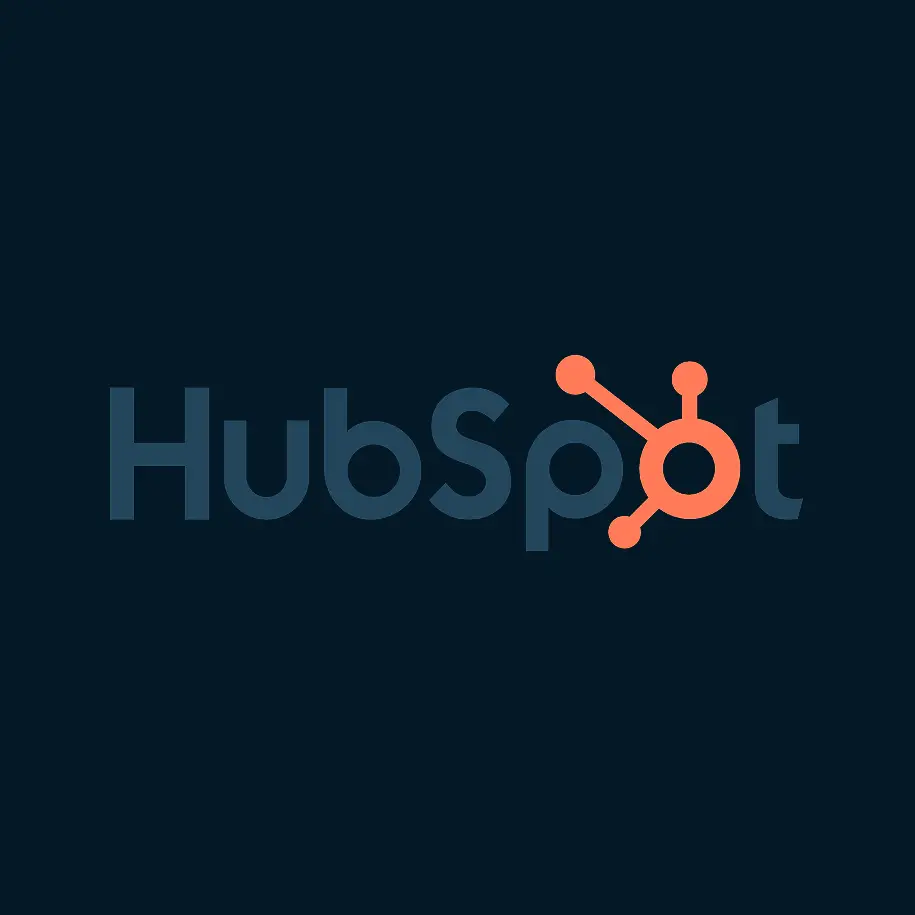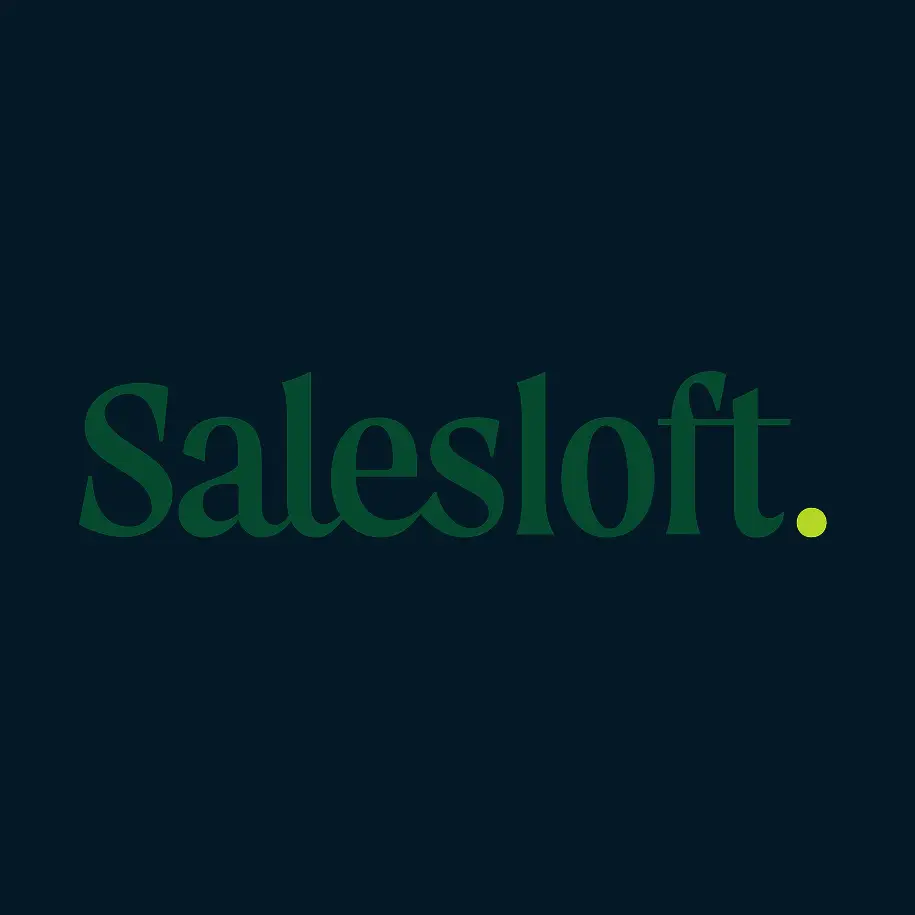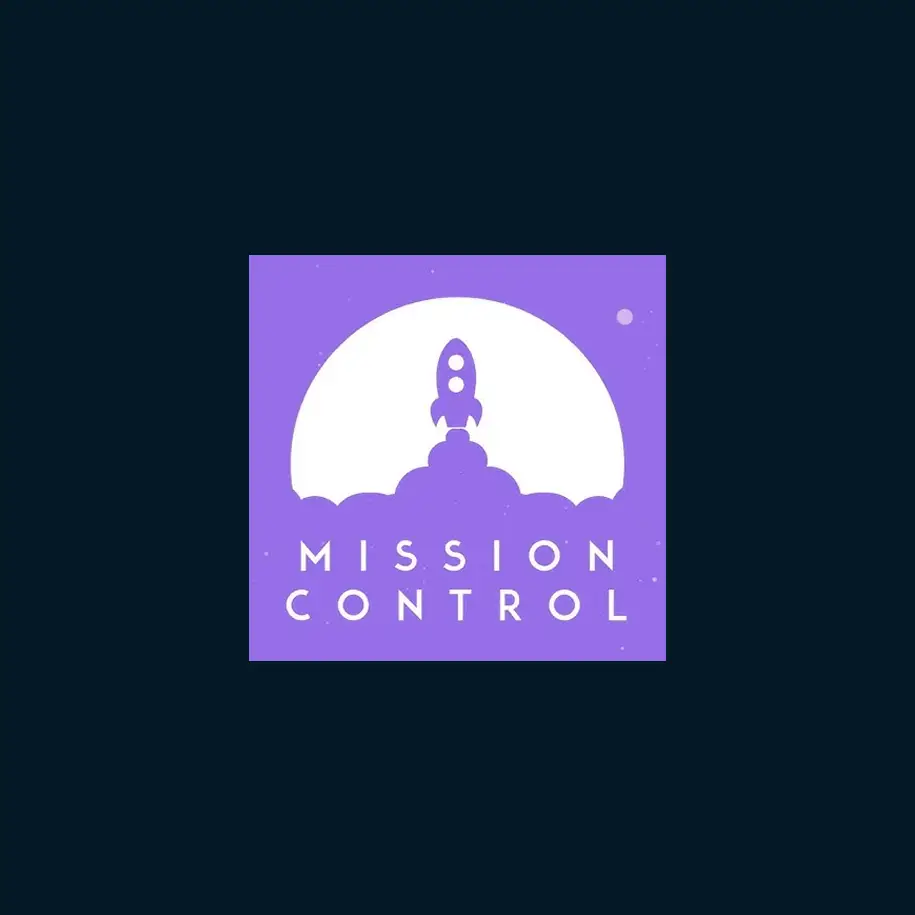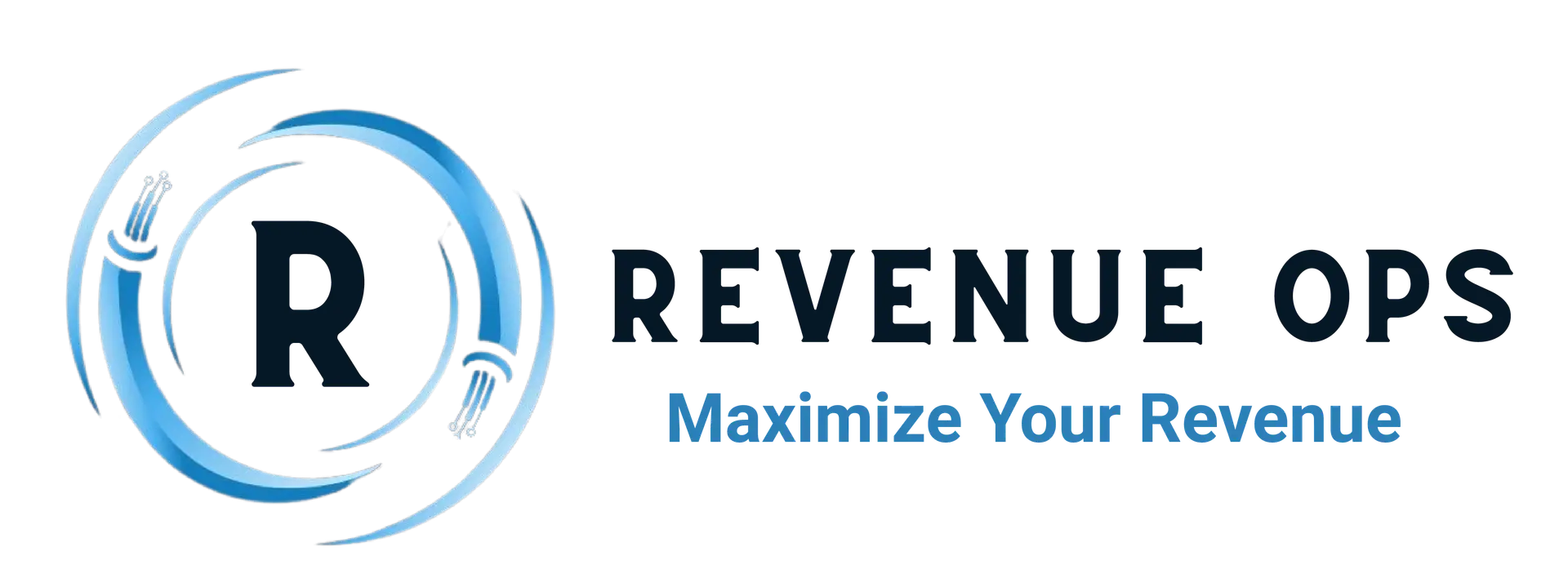
Part 2: How to Automatically Trigger Sales-to-Customer Success Handoffs in Salesforce
Introduction
Once your team understands the importance of a structured sales-to-customer success (CS) handoff, the next step is building automation that kicks off the process — without relying on manual follow-ups or emails.
The most efficient way to start a handoff is to automatically trigger it when an Opportunity moves to the Closed Won stage in Salesforce. In this article, we’ll walk through why this is critical, how to set it up, and which tools to use to ensure smooth, timely transitions for every new customer.
Why Automatic Handoff Triggers Are Essential
Manual handoffs inevitably lead to:
- Delays in starting onboarding
- Missed or inconsistent data handoff
- Frustration between Sales and CS teams
By using Salesforce automation, you ensure:
- Handoffs happen immediately every time
- No customer details are lost in the transition
- Stakeholders stay aligned without relying on memory or email chains
According to Salesforce research, automated processes increase sales productivity by 29% and significantly improve cross-functional collaboration.
Best Practice: Triggering at Closed Won
The most common (and effective) trigger point is the Closed Won stage of the Opportunity. This ensures the customer success process starts as soon as a deal is finalized.
Key Benefits:
- Reduces onboarding delays
- Standardizes timing across Sales teams
- Allows you to tie handoff SLAs to deal close dates
- Immediately alerts CS or onboarding managers
If your process requires more granularity, you can also trigger based on:
- Deal value (e.g., ACV thresholds)
- Specific products or service types
- Contract signature completion (if integrated with DocuSign or PandaDoc)
How to Build the Automation in Salesforce
Option 1: Salesforce Flow (Recommended)
Salesforce Flow is the most powerful and flexible tool for building handoff triggers.
Steps:
- Create a Record-Triggered Flow for Opportunities.
- Set the trigger condition to:
Stage = Closed Won. - Add actions:
- Create a new handoff Case or Task.
- Populate key fields (Account name, Opportunity owner, primary contact, close date).
- Assign to the appropriate CS or onboarding team member.
Option 2: Process Builder (Legacy Method)
If you’re still using Process Builder:
- Set the Opportunity stage change to Closed Won as the trigger.
- Create the handoff task or record.
- Notify the CS team via Chatter, Slack, or email.
Note: Salesforce recommends moving all new automation to Flow. Process Builder will eventually be deprecated. (Salesforce Flow migration guide)
Bonus Tip: Pre-Validation Checks
Before triggering, ensure all required fields are completed:
- Implementation start date
- Primary CS contact
- Key notes from Sales
This prevents incomplete handoffs and forces sales reps to enter critical information before closing the deal.
Tools to Enhance Your Trigger Workflow
| Tool | Purpose |
|---|---|
| Salesforce Flow | Core automation engine for triggers |
| LeanData | Advanced routing for ownership assignment |
| Slack | Real-time notifications to CS teams |
| DocuSign / PandaDoc | Contract signature status and handoff readiness |
What’s Coming in the Series
In upcoming parts, we’ll cover:
- Part 3: Building a Structured Handoff Record with Context
- Part 4: Assigning CSMs and Managing Ownership Rules
- Part 5: Sending Real-Time Notifications via Slack and Email
- Part 6: Measuring and Reporting on Handoff Success
Each article will help you build a complete, scalable sales-to-customer success workflow inside Salesforce.
Final Thoughts
By automatically triggering handoffs at Closed Won, you eliminate the most common cause of onboarding delays: human error. You also lay the foundation for consistent, accountable, and scalable onboarding experiences that boost customer satisfaction and retention.
Want to automate your sales-to-CS handoffs?
